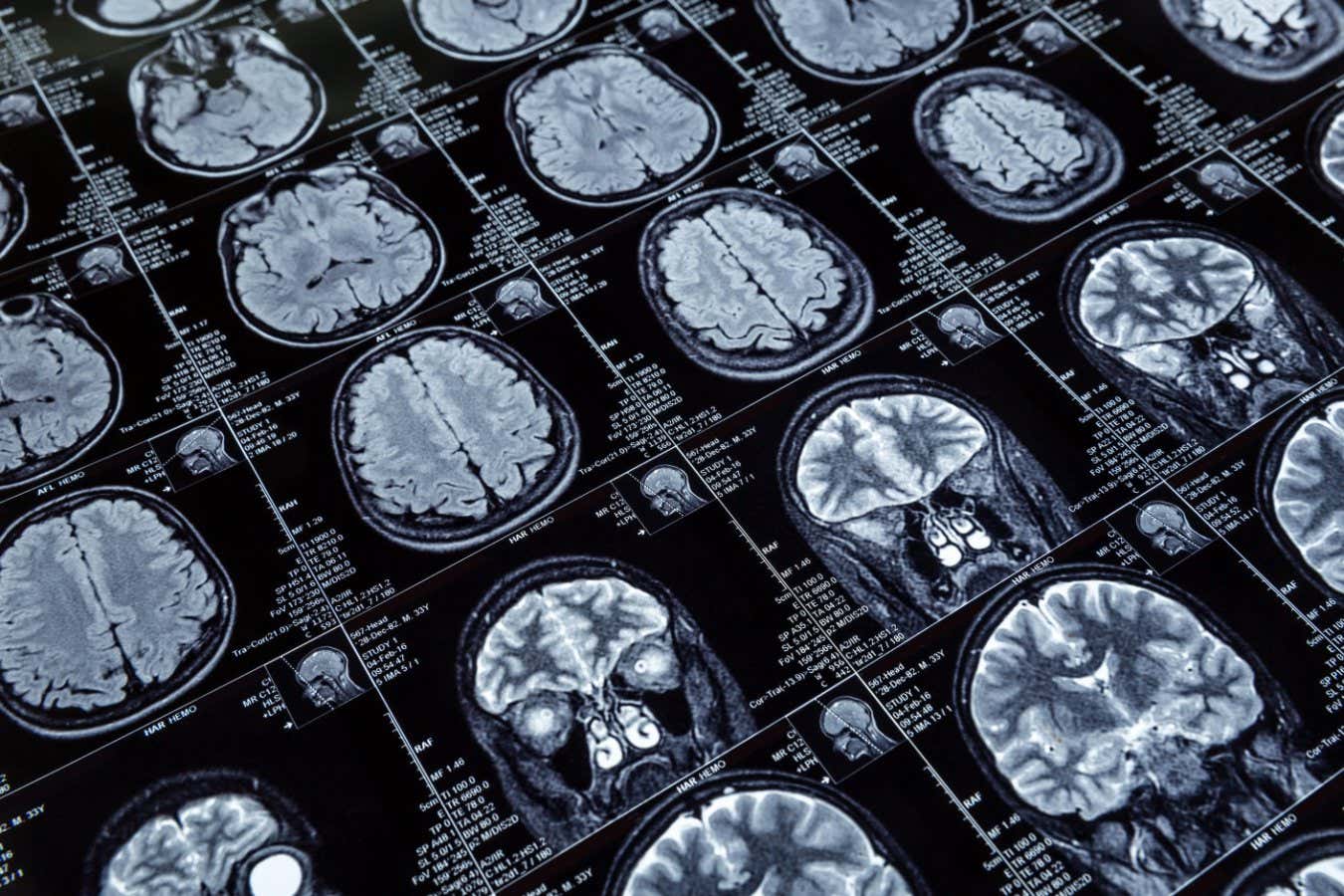Men’s brains tend to have a larger size compared to women’s brains, leading to challenges in direct comparisons between the two genders.
The differentiation between men’s and women’s brains has been a subject of debate, with conflicting outcomes from previous studies. One contributing factor is the slight disparity in brain size, attributed to men generally having larger body sizes. Some past research studies comparing specific brain regions failed to account for the overall brain volume, resulting in inconclusive findings even after adjustments. Vinod Menon from Stanford University highlighted the variability of results once corrections for brain size were made.
To address this issue differently, Menon’s team employed dynamic functional connectivity fMRI, a novel approach that monitors brain activity during functional MRI scans to observe variations in synchronized activity among different brain regions.
Using this method, researchers developed an AI model trained on data from approximately 1000 young adults sourced from the Human Connectome Project database in the US. The AI was instructed to differentiate between male and female individuals based on brain scan results, dividing the brain into 246 distinct areas.
Following training, the AI achieved a remarkable 90% accuracy in distinguishing between a separate set of brain scans from the same 1000 individuals. Moreover, the AI exhibited similar proficiency in discerning between brain scans of men and women from two additional datasets comprising around 200 participants each from the US and Germany, all within the age range of 20 to 35.
Menon emphasized the robustness of their study, including replication and generalization to independent samples, instilling confidence in the outcomes. The absence of transgender individuals in the datasets was noted.
Camille Williams from the University of Texas at Austin expressed confidence in the results, particularly highlighting the replication across distinct datasets.
The next phase involves testing the AI on larger and diverse sets of brain scan data to ascertain its consistency and reliability. Menon acknowledged the need for time to evaluate the performance of the AI across various datasets.
If validated, these findings could offer insights into the sex-based variations observed in certain medical conditions and neurodiversity such as depression, anxiety, and attention deficit hyperactivity disorder. Menon stressed the importance of developing sex-specific models to capture essential distinctions that influence conditions like autism in males and females.










